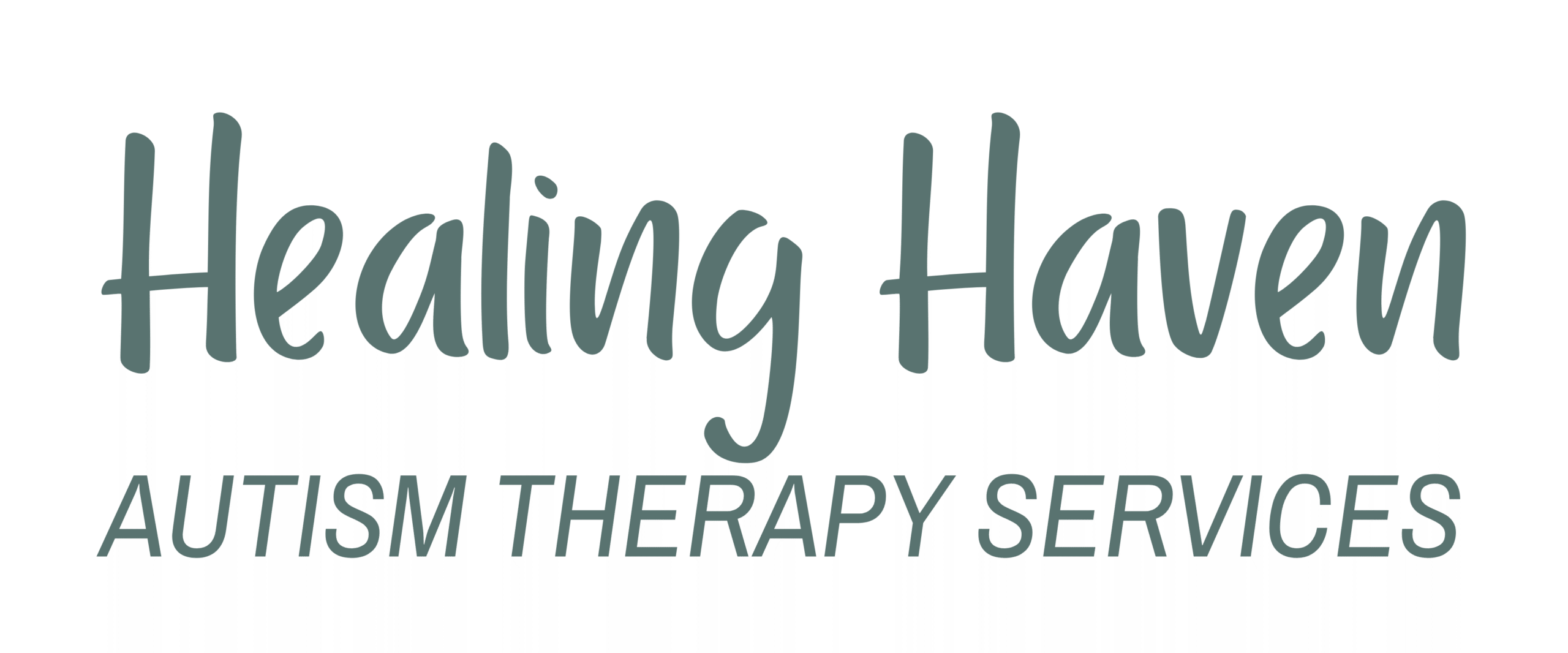Over the past several years, we’ve seen a growing number of parents reaching out for services for their toddlers—often as young as 2 to 3 years old. This encouraging trend means families are pursuing evaluations and receiving autism diagnoses earlier than the national average. According to the CDC, the average age for an autism diagnosis is just under 4 years old, with a recommendation of an initial developmental screening at 30 months old. When a diagnosis is made before age 3, it opens the door to early intervention for autism—an essential step in supporting a child’s development.
Why Early Intervention Matters
After receiving a diagnosis, families face the challenge of choosing the right treatment path. While there’s no one-size-fits-all solution for autism, Applied Behavior Analysis (ABA) therapy stands out as the most evidence-based and widely recommended approach.
“Research very clearly states that early intervention for children with autism and other developmental disabilities is vital,” explains Jamie McGillivary, MS, LLP, BCBA, Founder and Chief Innovation Officer at Healing Haven. “When children start therapies like ABA early on, they receive strategic learning opportunities that support them in the areas they need.”
Early intervention helps children build foundational skills in communication, social interaction, play, and daily living activities—such as brushing teeth, using utensils, and potty training. It also reduces the likelihood of challenging behaviors by teaching appropriate responses from the start.
Personalized ABA Therapy Plans
Each child’s ABA therapy plan is tailored to their unique needs. For example, if a child is working on communication, their Behavior Technician may help them learn to label items or request what they want—whether through pictures, gestures, a communication device, or spoken words.
If a child exhibits challenging behaviors, such as damaging toys, excessive crying, resistance to transitions, or aggression, their Board Certified Behavior Analyst (BCBA) will develop a behavior plan to address these concerns. The plan identifies the root causes of behaviors and teaches replacement skills to promote positive change. “For example, some children flop to the ground when transitioning to a new activity,” Jamie explains. “Their Behavior Technician may teach the child functional ways to communicate that they may need a break. Or they may introduce proactive strategies to warn the child that a transition is about to occur. Giving warnings and visual information about what is to come helps decrease the anxiety surrounding transitions.”
Building Independence Through Generalization
As children progress and meet their goals, we gradually reduce one-on-one support. The aim is for them to generalize their new skills into everyday environments—at home, in school, and in the community. Healing Haven offers additional programs like Parent Training and Counseling to support this transition and empower families.
“We place a significant emphasis on parent training and involvement,” says Jamie. “When parents participate, we increase the likelihood that what children learn in the clinic will carry over to their natural environments.”
Additional Early Intervention Services
While ABA Therapy is the most recommended intervention for autism, many children will benefit from Speech and Occupational Therapies as well. These services provide targeted support in communication, social interaction, fine motor skills, feeding challenges, executive functioning, activities for daily living, emotional regulation, and more. And when the providers from ABA, Speech and OT collaborate the child benefits from a coordinated team working together on the child’s goals.
Early intervention lays a strong foundation for children with autism to learn, grow, and thrive. It’s important to remember that autism is a spectrum—each child is unique. Some may need ongoing support, while others transition successfully into school settings with varying levels of assistance.
A final thought – if your child did not receive an autism diagnosis until after 4 years old, please know that it’s not too late to start therapy support. Your child will still benefit from personalized interventions to learn the skills they need.
You can learn more about all of our early intervention services for autism here. Please feel free to contact us if you have concerns about your child’s development and they need an evaluation, or to get your child started with therapy services.
If you found this information helpful, we’d love it if you’d share it with your network!

